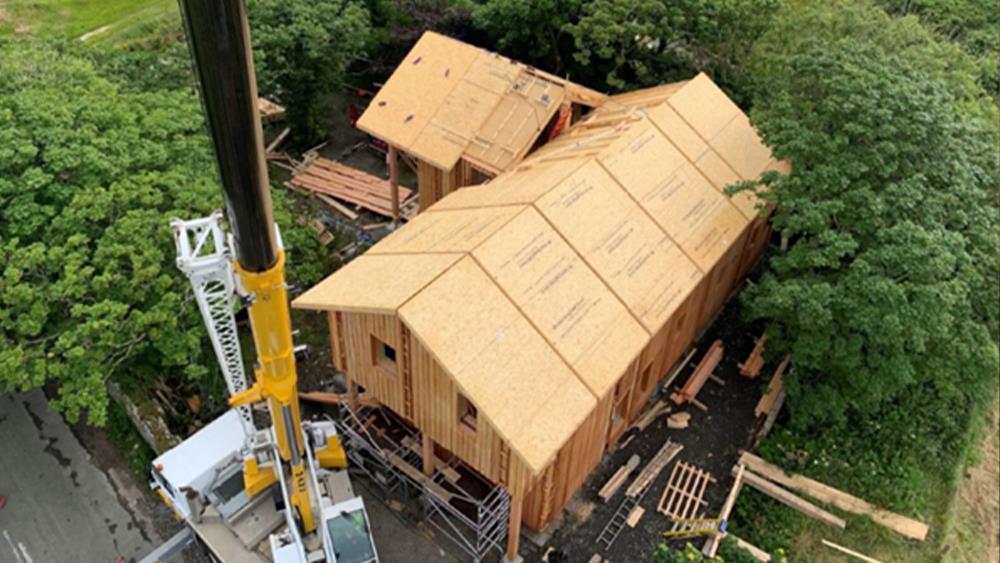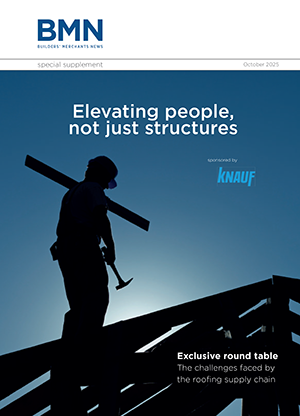The government’s decision to remove zero carbon standards for new homes will boost the supply of housing via small and medium-sized (SME) house builders, according to the Federation of Master Builders (FMB)'s head of external affairs.
In its 'Productivity Plan', published on 10 July, the government announced it 'did not intend to proceed' with the proposed 2016 increase in on-site energy efficiency standards. Instead, it would 'keep energy efficiency standards under review'.
Sarah McMonagle, head of external affairs at the FMB, said: “The UK’s new homes have never been so energy efficient but the target for all new homes to be zero carbon by 2016 was overly ambitious.
“The attempt to get down to the ‘zero’ of ‘zero carbon’ through proposed payments for off-site mitigation and further renewable technology threatened to impose significant additional costs on SME house builders.
“Small local builders typically build more bespoke homes, with a strong focus on quality and high standards of energy efficiency. Yet over recent years it has been these smaller firms which have been hit disproportionately hard by the rapid pace of change."
The Zero Carbon Homes policy was originally conceived in 2006 to ensure that all newbuild homes in the UK were zero carbon by 2016.
The Allowable Solutions scheme for housebuilders to offset newbuild carbon emissions by delivering a like-for-like contribution on another site is also being abandoned.
Ms McMonagle says that instead of investing in carbon-neutral newbuild homes the government emphasis should be placed on upgrading existing structures.
“Arguably, when it comes to reducing the UK’s carbon emissions, our new homes are not the real issue – what we must focus on is our improving our existing homes. The UK is legally committed to reducing its carbon emissions by 80% by 2050 and given that 85% of our existing homes will still be standing in 35 years’ time, the government must do more to address our leaky buildings,” she said.
“Refurbishing our existing homes is a far more cost effective way of tackling carbon reduction.
“This burdensome regulation came at a time when SME house builders were beginning to recover and build more new homes which is crucial if we want to keep pace with the demand for new housing. The government is therefore right to remove the unnecessary zero carbon standards which threatened to perpetuate the housing crisis.
“There has been an increasing feeling that the standards were in danger of running ahead of the industry’s understanding and ability to deliver. The UK will still have to meet the target set by the EU Energy Performance of Buildings Directive that all new homes are ‘nearly zero-energy’ by the end of 2020.
“Right now, a period of consolidation makes good sense and will give us an opportunity to fix issues like the dangers of over-heating or poor air quality which can arise in some highly energy efficient buildings and the gap between designed and as-built performance," Ms McMonagle said.







